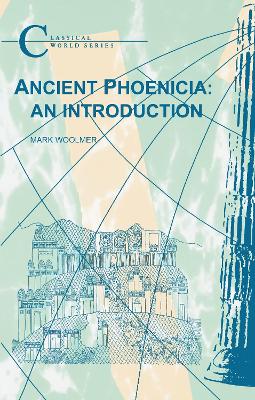Classical World
1 total work
The Phoenicians played a fundamental role in shaping the history of the Mediterranean. Lauded by Homer as unrivalled navigators and traders, they are known to have founded colonies across the length of North Africa and into Southern Spain, yet as a people they have often remained an enigma.
This introduction aims to unravel some of the mysteries surrounding this ancient culture. Presenting the latest research and archaeological discoveries, it explores the social, political, economic and ecological changes that occurred in Phoenicia between the Early Bronze Age and the start of the Hellenistic era. Phoenician government and society, agriculture and economy, trade and colonisation, warfare, religion, and art and architecture are all discussed in order to illustrate the character and achievements of this vibrant civilisation, which was able to maintain its unique identity and culture in the face of external threats from states such as Egypt, Assyria, Babylon and Persia.
This introduction aims to unravel some of the mysteries surrounding this ancient culture. Presenting the latest research and archaeological discoveries, it explores the social, political, economic and ecological changes that occurred in Phoenicia between the Early Bronze Age and the start of the Hellenistic era. Phoenician government and society, agriculture and economy, trade and colonisation, warfare, religion, and art and architecture are all discussed in order to illustrate the character and achievements of this vibrant civilisation, which was able to maintain its unique identity and culture in the face of external threats from states such as Egypt, Assyria, Babylon and Persia.
